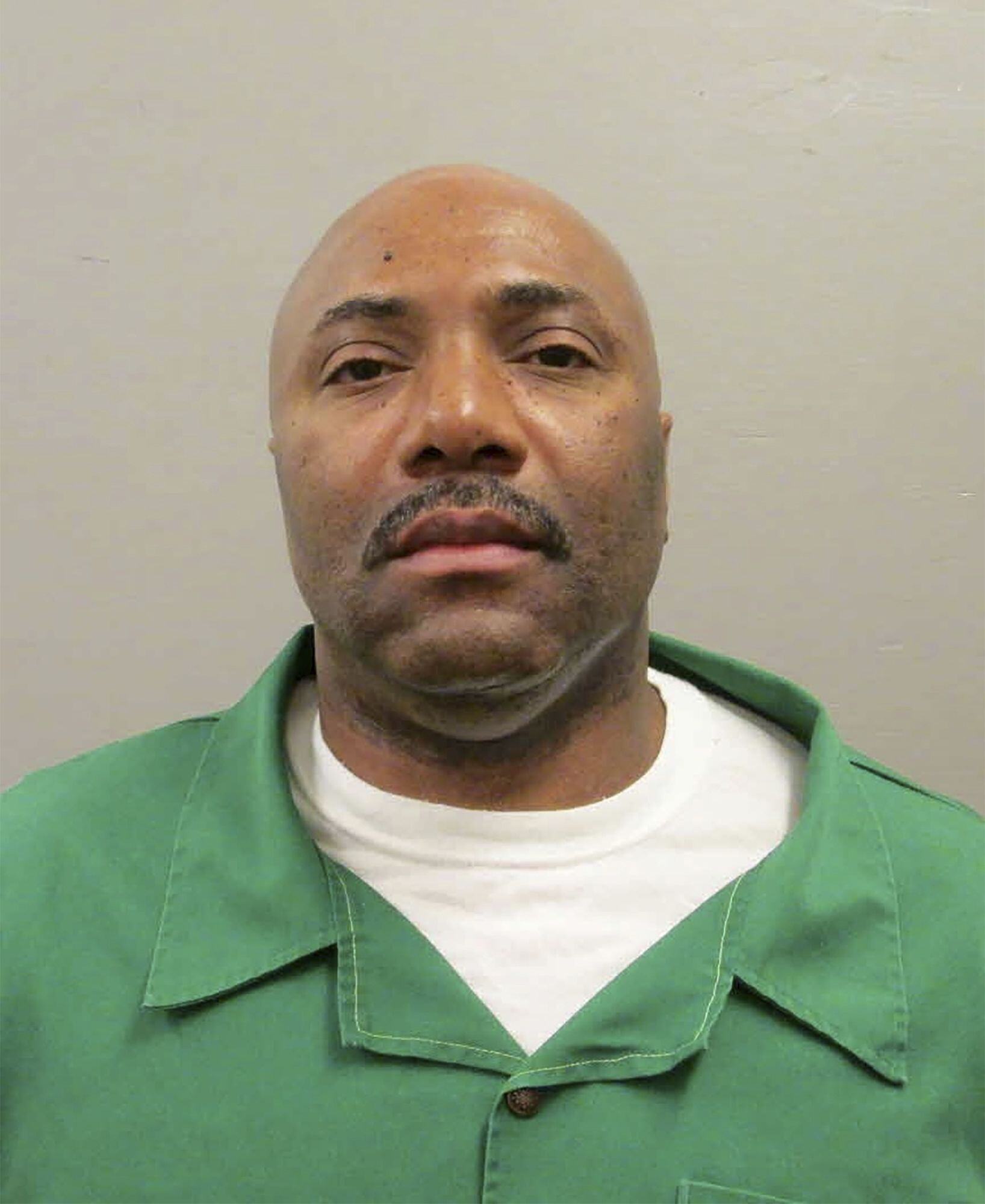4 min read
Death row inmate Richard Moore pleads for last-minute clemency after US Supreme Court declines stay
 Merit Street Media
|
Nov 01, 2024
Merit Street Media
|
Nov 01, 2024

With the lethal injection process due to start at 6 p.m., Richard Moore’s waning hope appears to be a clemency request to a Republican governor who two years ago, in discussing Moore’s case, said he would not issue a commutation.
Gov. Henry McMaster will not announce his decision on clemency until 5:45 p.m. Friday, he said Wednesday, noting: “The death penalty is a very serious decision regardless of the circumstances. That’s a very permanent, very serious, awesome punishment, and it must be considered very, very carefully.”
McMaster told a reporter in 2022 of Moore’s case: “I have no intention to commute a sentence. The jury made their decision.”
More than 20 people – including two jurors, the judge from Moore’s original trial and a former director of the state prison system – have asked McMaster to spare Moore’s life by granting him clemency, The Associated Press reported.
“This is definitely a part of my life I wish I could change because I took a life, you know? I took someone’s life,” Moore says in a video released by his attorneys as part of his clemency request.
Moore, 59, is the last person remaining on South Carolina’s death row to be convicted by a jury with no Black members, his defense attorneys say. He would be the second person put to death since the state resumed capital punishment following a 13-year pause prompted by difficulty obtaining drugs for its lethal injection protocol, an issue other states have faced.
Moore was convicted of killing a White convenience store clerk, James Mahoney, during a 1999 robbery. Moore entered the store in Spartanburg County unarmed and pulled Mahoney’s handgun away from him. Mahoney then grabbed a second gun and shot Moore in the arm before Moore fired a fatal shot at Mahoney, prosecutors asserted.
Moore fled, taking a bag filled with more than $1,400 cash, they said.
Moore had asserted to the nation’s high court prosecutors impermissibly struck two Black jurors because of their race in his 2001 murder case, which the state denied. South Carolina officials argued Moore had already raised similar claims and lost while also noting one of his jurors was Hispanic. The Supreme Court denied his request Thursday without comment, and there were no noted dissents.
Defense attorneys also have argued Moore killed Mahoney in self-defense. “No other South Carolina death penalty case has involved an unarmed defendant who defended himself when the victim threatened him with a weapon,” they said in a statement.
Moore’s son, who was 4 years old when his father was charged, says his father deserves mercy.
“He’s a human being who made mistakes,” Lyndall Moore told the AP. “And this particular mistake led to the death of another human being. But his sentence is completely disproportionate to the actual crime.”
South Carolina expanded execution methods
The Supreme Court in 1986 ruled prosecutors cannot strike a potential juror based solely on race. If challenged, the state must state a “race-neutral” reason for excluding the candidate.
In Moore’s case, prosecutor Trey Gowdy – who later served four terms as a Republican congressman – told the judge the primary reason one Black jury candidate was struck was because she had tried to hide her criminal record during questioning, while he chose to exclude another because that person’s son had been convicted of murder, the state wrote in opposing Moore’s Supreme Court request.
A White jury candidate who also had a close family member prosecuted for murder had also been stricken for the same reason, Gowdy told the judge at the time. Moore’s counsel did not raise any challenges with Gowdy’s stated reasons at the time when asked by the trial court, according to the state.
In a brief filed Tuesday with the Supreme Court, the South Carolina attorney general argued it was too late for Moore to raise the issue of jurors’ race because it had not been mentioned in some earlier appeals. Moore’s attorneys responded Wednesday the case’s “unique procedural backdrop” should allow the justices to consider their arguments.
CNN reached out to Gowdy for comment Thursday. The GOP state attorney general’s and governor’s offices have not responded to CNN’s request for comment on Moore’s petition to the nation’s high court.
Moore was convicted of murder and armed robbery, among other charges, following two hours of deliberation by the jury, which sentenced him to death after only one more hour of discussion, the Spartanburg Herald-Journal reported in 2001.
Moore has chosen to be executed by lethal injection, his attorneys say, after wrangling over South Carolina’s access to lethal injection drugs led McMaster to sign a law in 2021 allowing the state to also execute by electrocution or firing squad, with death row inmates given the choice.
More than 1,600 people have been executed in the US since the Supreme Court reinstated the death penalty in 1976, according to the Death Penalty Information Center. Thirty-four percent have been Black, more than double the proportion of Black US residents in 2023.
Governor had said he opposed commutation
As to the clemency petition, McMaster “intend(s) to review everything that I can in a timely fashion,” the governor told reporters Wednesday.
In an earlier federal court request for a stay of execution, Moore’s attorneys expressed concern about McMaster’s past comments regarding clemency for death sentences, the ruling denying that request shows.
The statement, Moore’s attorneys had argued, shows McMaster could not make a fair decision on a clemency request because he “would have to renounce years of his own work” in support of the death penalty as the state’s attorney general.
McMaster told the court in response: “It is and has been my intention and commitment to take care to understand the issues presented, including those from my review and consideration of applications, petitions, and requests for clemency presented to me by or on behalf of a condemned inmate …”
Copyright CNN

